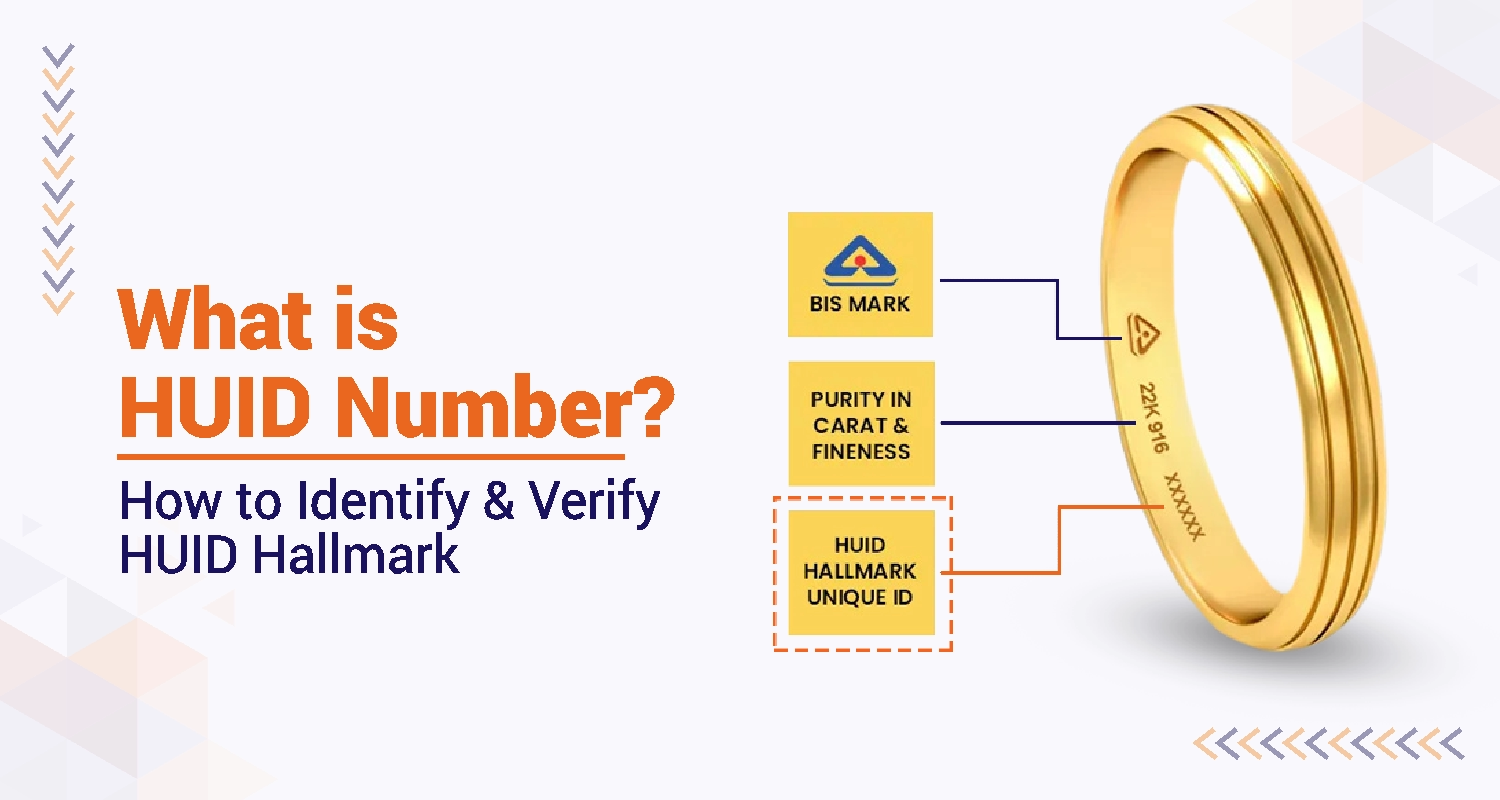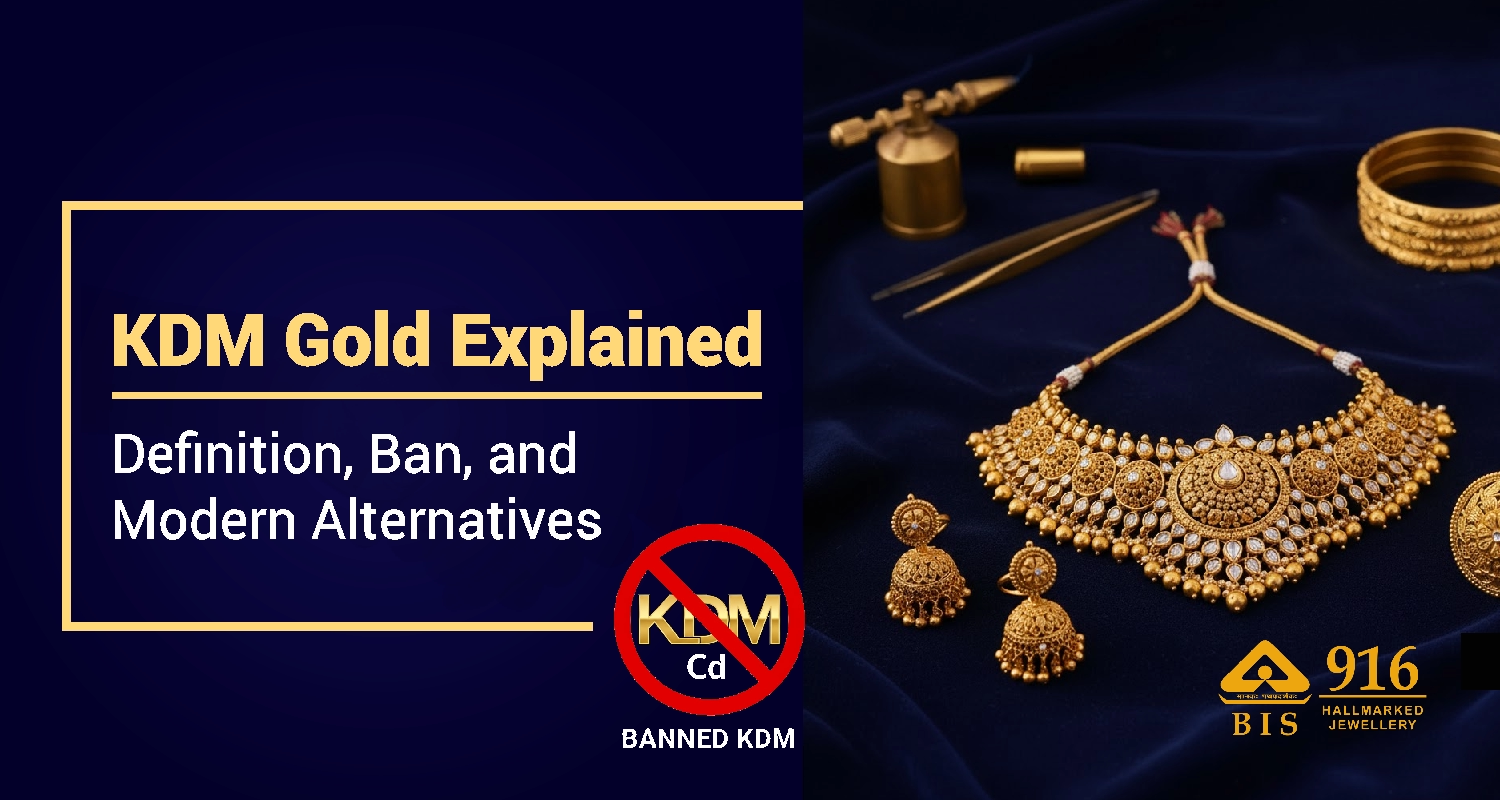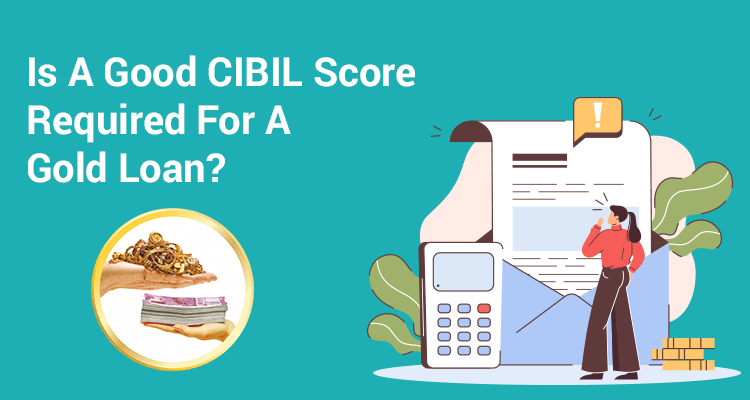How can you repay your gold loan efficiently?
Table of Contents
Gold loans have short repayment tenors, with the maximum being five years. The average tenor of such loans is one year or less. Most lenders allow prepayment option without any charges or a minimum lock-in period.
Repaying a gold loan involves repayment of the loan amount along with all the interest due and charges that the lender might levy. Essentially, a gold loan account stands closed when the borrower deposits the outstanding loan principal amount and interest amount.
Ways to repay a gold loan
There are a number of ways you can repay your loan efficiently. Applicants can make the gold loan repayment on maturity or choose the option of foreclosure. The different repayment measures are:
Periodic EMI:
This is the most preferred option among gold loan applicants. In this mode, the equated monthly instalment (EMI) includes both the interest and principal amounts.
Pay interest via EMI and principal later:
In this EMI schedule only the interest amount is paid as EMI and the full principal amount is paid later at the time of maturity. Through this repayment scheme a borrower can pay a lower amount at regular intervals and pay a lump sum money as the principal, only upon maturity.
Partial payments:
Some lenders also offer the option of making partial or even complete payment of interest and principal amounts, regardless of the EMI schedule. This mode of repayment saves the serviceable interest, if the principal amount is paid ahead of the total interest amount.
Bullet repayment:
It is a simple arrangement of repaying the entire payment in one go, at the end of the loan’s tenure, and hence, the term “bullet repayment”. The monthly interest and the principal amount are paid only when the term ends. It’s obvious that EMIs are not relevant in this type of gold loan repayment.
Sometimes due to unexpected circumstances, a borrower may not be able to pay the loan on time. Although credit score is not considered while offering a gold loan, a non-payment may upset the credit score.
To prevent such incidents, gold loan applicants should consider certain factors:
- Borrowers must apply for the exact loan amount that they require because lower the loan amount, lower is the interest.
- If an existing loan feels expensive or dicey, it can be refinanced. But borrowers must consider all hidden and foreclosure charges and then quantify the refinancing terms.
- Borrowers with limited income or resources may choose the bullet repayment scheme.

When one fails to repay loans
At the end of the loan tenure, the bank or a non-bank financial institution hands the collateral gold back to the borrower and obtains an acknowledgment from the borrower after the closure of the loan account is confirmed.
But what happens when one misses payments? Here are the likely scenarios if one misses repaying the loan for a long time.
Reminders:
The lender sends regular reminders to the borrower through text messages, phone calls, emails or letters. These reminders are about the amount due and the repercussions of not repaying the gold loan.
Penalty:
Missing repayment could result in a penalty which varies from lender to lender. The penalty depends on the amount and the delay from the due date of the gold loan repayment. This rate is not related to the regular gold loan interest rate.
Auction:
The last resort for lenders to secure the credit is to sell or hold a public auction of the collateral, if the borrower ignores the reminders and doesn’t repay the loan. Typically, lenders inform the borrowers about the gold loan auction and the costs of carrying out the process.
It should be noted here that if proceeds from the auction exceed the due amount, the extra amount is transferred to the borrower’s account within few days of the auction. However, if the amount is lower, then the bank can initiate legal proceedings to recover the dues.
What happens with defaulters
In case of non-payment, the lender can inform the credit bureaus about the default. In turn, all other lenders are notified about the defaulter.
This could mean difficulties for the borrower on his next loan, and even no loan. Even if one secures a line of credit from a bank the next time, it could carry a higher interest rate.
Conclusion
Needless to say, you must repay your loan—whether gold loan or any other. Failure to do so could not only force the lender to auction your precious gold jewellery but also affect your ability to get any loans in the future.
Most reputed lenders such as IIFL offer a variety of ways to help you pay down your loan. So, even if you are facing difficulties in servicing your loan, you can try and negotiate easier terms and conditions such as extending the tenure or lowering the EMI to avoid a default at any cost.
Get Gold Loan at the comfort of your home
Apply NowDisclaimer : The information in this blog is for general purposes only and may change without notice. It does not constitute legal, tax, or financial advice. Readers should seek professional guidance and make decisions at their own discretion. IIFL Finance is not liable for any reliance on this content. Read more




